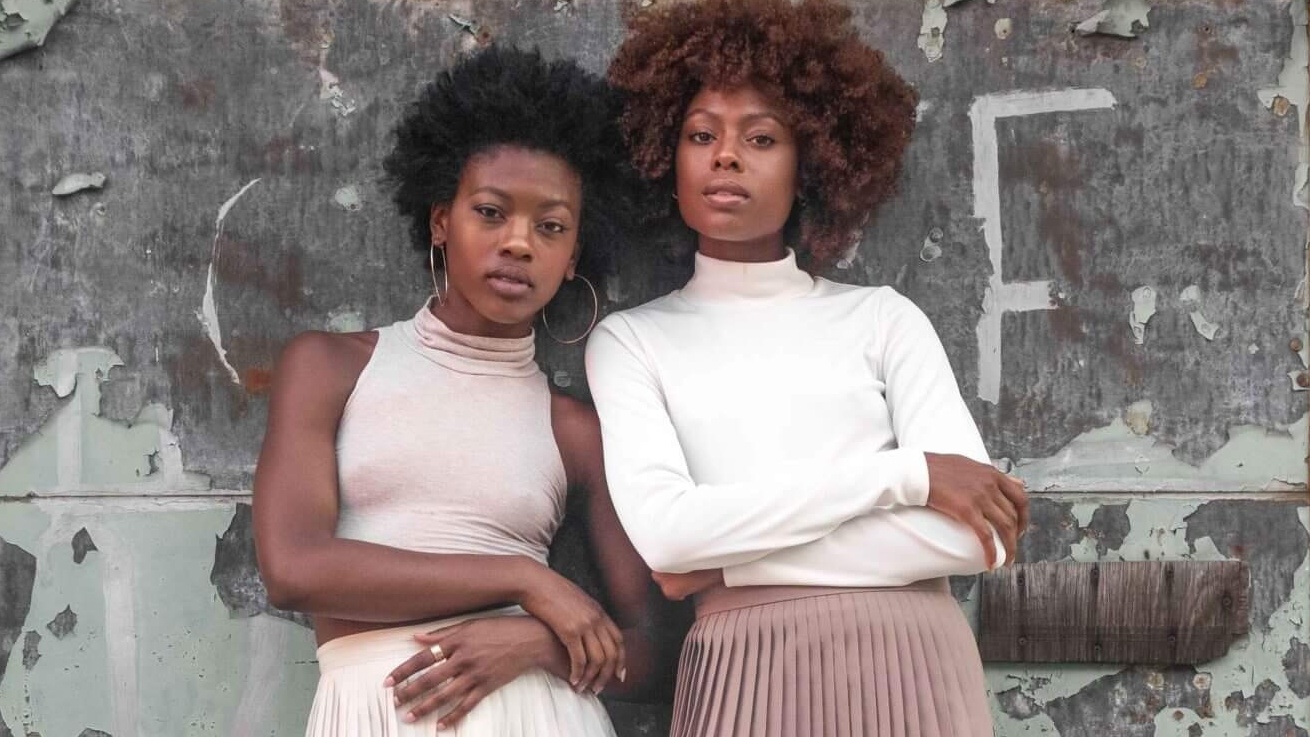According to survey results collected by the General Social Survey (GSS), an increasing number of women are identifying as bisexual. To narrow it down, about 23 per cent of Black women between the ages of 18 and 34 are reporting they are bisexual — a number that's almost three times higher compared to 10 years ago.
For the survey, conducted once every few years, participants are questioned on everything from mental health stigmas and drug use to the environment and race relations. In 2008, researchers started including questions on sexual identity.
Survey results show that over the past decade, the rate of Americans who identify as gay, lesbian, or bisexual males hasn't changed much. But women who identify as bisexual account for nearly all of the growth among those in this group.
Ten years ago, one in 65 women who responded to the survey identified as bisexual. But 2018 survey results show that more than one in 18 female survey respondents identify as bisexual. Further, more than one in eight female respondents between the ages of 18 and 34 identified as bisexual, with 25% of young Black women identifying as lesbian or bisexual.
The question as to "why" wasn't explored; but sociologists who analyzed the GSS survey argue that the shift may speak about American culture — that it’s more acceptable for females to forego gender norms because femininity isn’t valued as much as masculinity.
Some may argue that the survey results are somewhat skewed because of how the questions are phrased. For example, in the 2018 GSS survey, participants were asked:
“Which of the following best describes you?”
- gay, lesbian or homosexual
- bisexual
- heterosexual or straight
- don’t know
Approximately 1,400 people responded to the question; six responded with “don’t know,” and 27 didn’t respond. It's possible some participants didn't respond, or marked down "bisexual" if they felt they didn't fit into either the gay or heterosexual categories.
